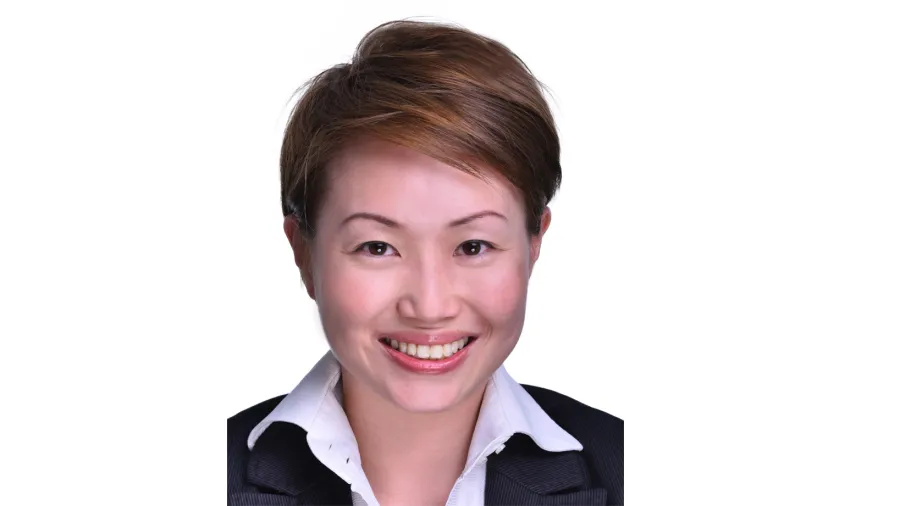
How edtech startup founder Jamie Tan built a business from a thesis
With encouragement from peers and professors, Tan started Flying Cape.
The traditional education marketplace still faced many challenges up to this day and that’s what an edtech startup, Flying Cape, aims to address.
Founded in 2016 by its CEO, Jamie Tan, Flying Cape was born when Tan read a report back in 2014 that many learners, particularly children, do not learn effectively and efficiently and develop a disregard towards lifelong learning as adults.
The article resonated with Tan as she also faced similar challenges in her younger years. She believed that what she learned when she addressed those challenges could essentially be helpful to others so she began her research in which she found out two pain points in the education system: One is that learners are not finding the "right" education options that can fit their personalised needs, and educators not finding the "right" students as they are plagued with labour intensive and manual processes whilst running their business.
Tan translated her research and submitted it as her EMBA thesis, later winning her cohort's Outstanding Thesis Award. Under the encouragement and support of her peers and professors in the dual degree EMBA course, she decided to start Flying Cape to transform the brainchild of the combined effort of academics and like-minded people into reality.
“Our first challenges were in bringing like-minded education partners to come on board, to join us in building an ecosystem for education. Many of them were accustomed to tried and tested manual processes and unfamiliar with digital tools. We guided them in embracing technology, helped them move them away from manual processes and put up their offerings online through easy-to-use features,” Tan explained in an exclusive interview with Singapore Business Review.
Flying Cape offers a marketplace aggregation platform for education products and services. On the platform, learners are offered diagnostic tools, backed by validated research, that help learners gain insights into their unique profiles and interests. It then helps learners match and find the “right fit” amongst the widest range of education options. Flying Cape’s engine tracks the efficacy of its recommendations which adapts and changes according to the learner's feedback. Using the same technology, it powers 10 marketplaces serving learners of different groups.
Flying Cape’s own platform, Flying Cape for Children, is a tuition and enrichment advisory platform where the startup takes a commission on transactions. In 2019, it introduced a B2B model, building on the technology used to develop its first platform to expand into other SMART marketplaces catering to different needs whose revenue model is based on an annual licensing fee and lower transaction fees.
In August, Flying Cape raised US$1.5m ($2.03m) from key investors Eduspaze and Start-up O and a few angel investors. They currently have combined funding of US$2.1m ($2.84m)
Currently, Flying Cape aims to expand its physical presence in China and has further plans to enter other South and East Asia markets.
“With the transition to online learning, Singapore Education providers are seeing the opportunity to expand virtually overseas and Flying Cape is well-positioned to facilitate this expansion. At the same time, we have also onboarded many new online enrichment entrants from overseas in the past year, thus enhancing education options for learners. With more innovative solutions coupled with the rise in technology, geographical boundaries are no longer a constraint to accessing the best education options, fuelling our ambition to build a global ecosystem for education,” Tan said.









![Cross Domain [Manu + SBR + ABF + ABR + FMCG + HBR + ]](https://cmg-qa.s3.ap-southeast-1.amazonaws.com/s3fs-public/styles/exclusive_featured_article/public/2025-01/earth-3537401_1920_4.jpg.webp?itok=WaRpTJwE)









 Advertise
Advertise


